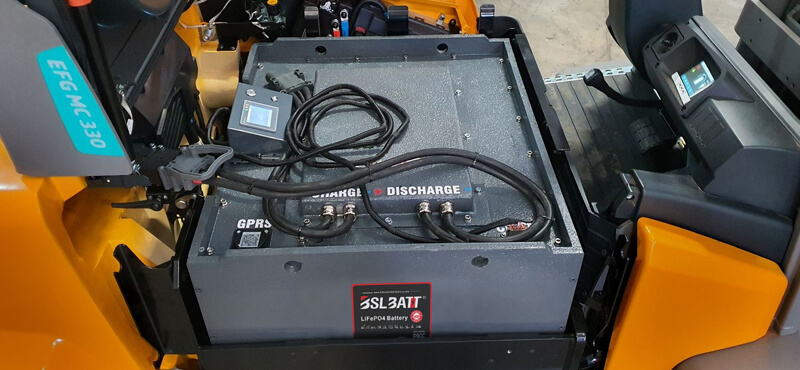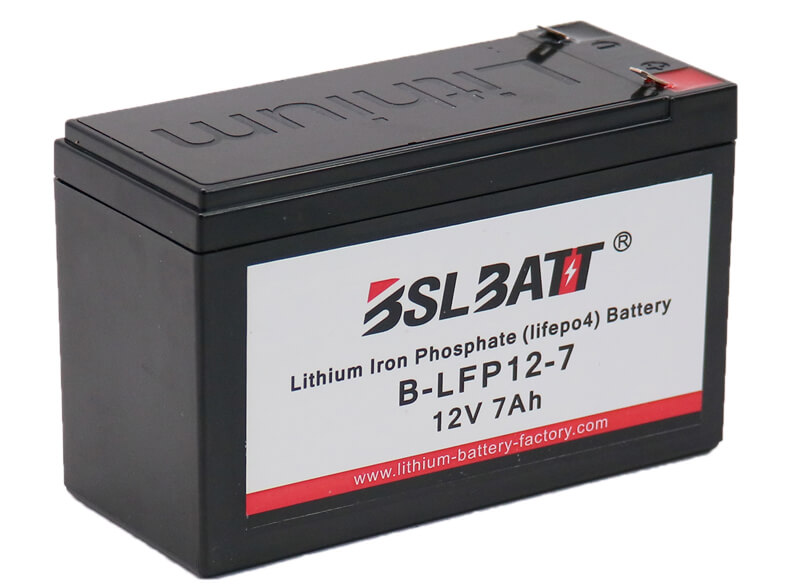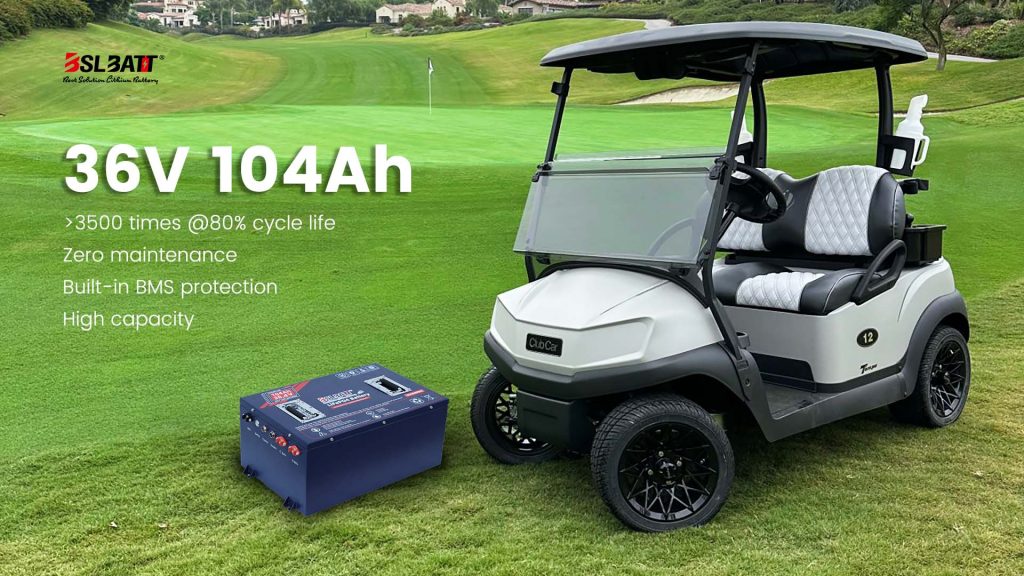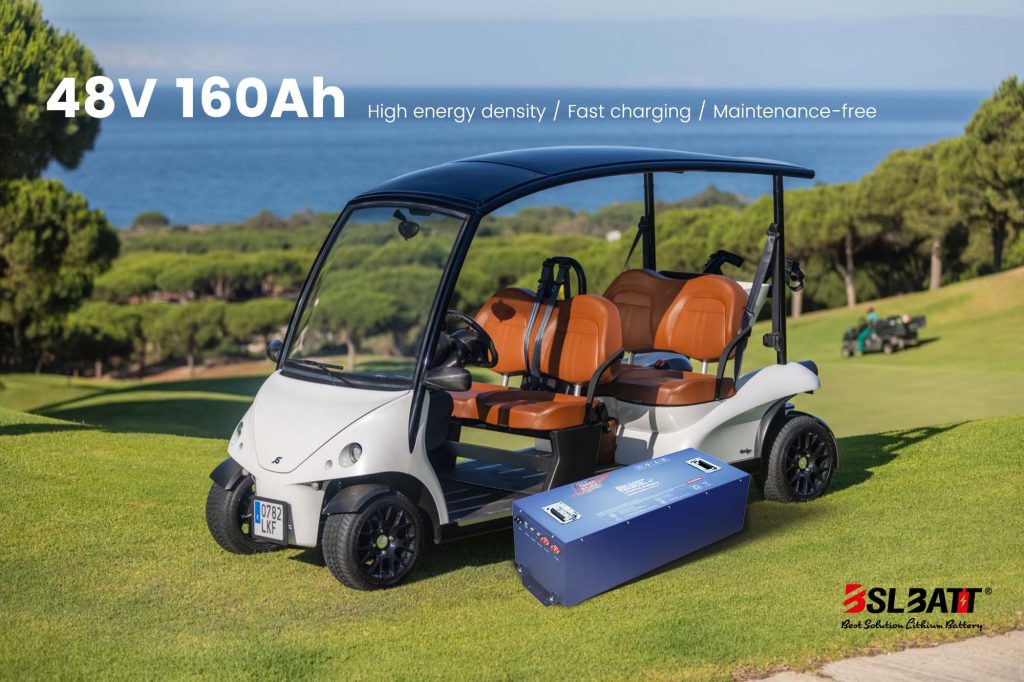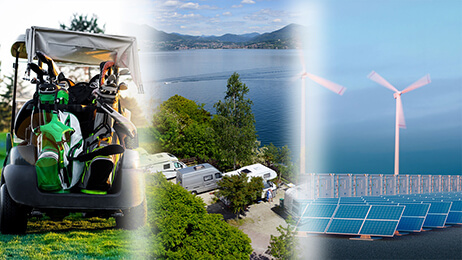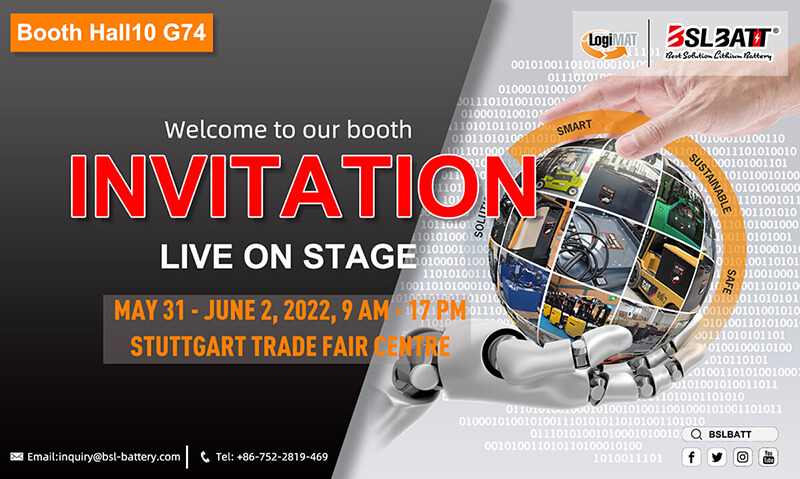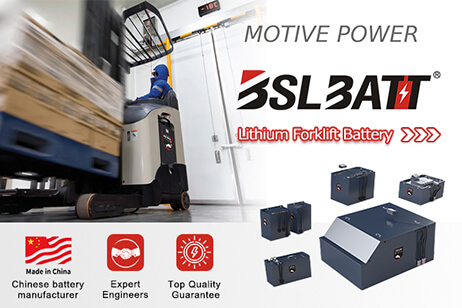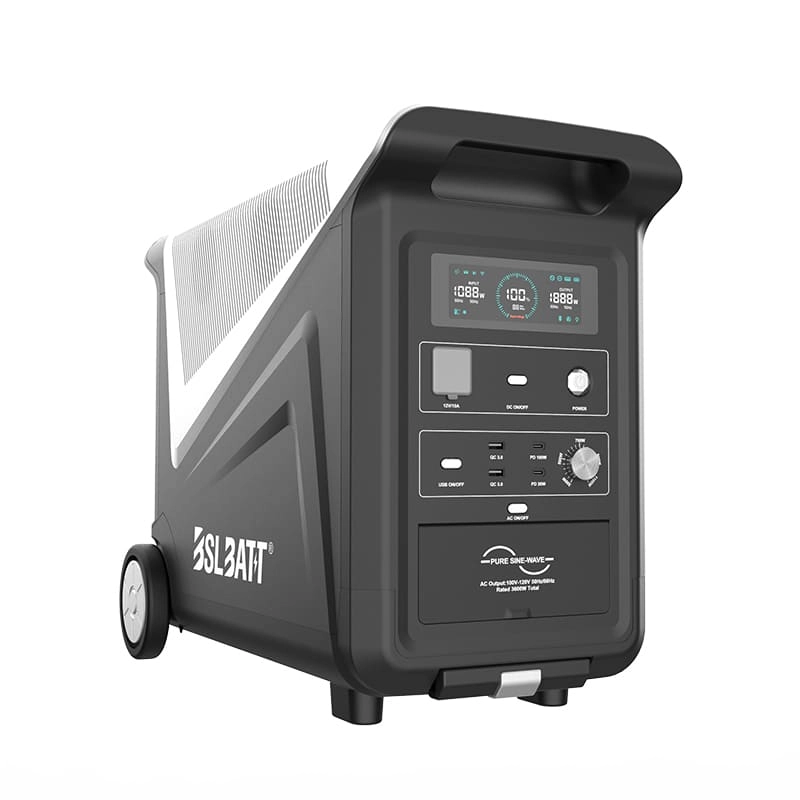Industry Application
Product Type
Backup Power System: Lithium Batteries Are There When The Grid Isn’t
| Grid-tied solar is a wonderful technology, and the lower electric bills and environmental stewardship are meaningful. Adding batteries to your solar system changes the game and adds energy independence to that mix.
With a properly engineered battery backup system, your refrigerator and freezer stay on, the good pump runs, and small appliances can be used. Harsh storms and utility problems can be gotten through much more comfortably. In addition, systems can be designed for long term preparedness to ensure that you have reliable uninterruptible power 24/7 for extended periods of time without utility power. If you live in an area with frequent power outages, you already know the benefits of having backup power installed at your home. Propane, diesel, and natural gas-powered generators have long been the system of choice for homeowners and businesses that want to ensure that the lights stay on when the power goes out in the neighborhood. Now, an increasing number of people are considering newer, cleaner battery options like the Tesla Powerwall. Battery backup power offers many of the same backup power functions as conventional generators but without the need for refueling. Read on for a comparison of battery backup options versus conventional generators, including a review of factors like cost, fuel supply, size, and maintenance. By 2050 solar and wind will supply almost half the world’s electricity, bringing to an end an energy era dominated by coal and gas, according to forecasts by BloombergNEF, Bloomberg LP’s primary research service on energy transition. It can’t happen without storage. The switch from an electricity system supplied by large fossil fuel plants that run virtually uninterrupted to a more haphazard mix of smaller, intermittent renewable sources needs energy storage to overcome two key hurdles: using power harvested during the day to supply peak energy demand in the evening and ensuring there’s power available even when the wind drops or the sun goes down. “We think storage can be the leapfrog technology that’s really needed in a world that’s focused on dramatic climate change,” says Mary Powell, chief executive officer of Green Mountain Power Corp., a utility based in Colchester, Vt., that’s worked with Tesla to deploy more than 2,000 residential storage batteries. “It’s the killer app in a vision to move away from bulk delivery systems to a community-, home-, and business-based energy system.” Every backup power system needs an energy sourceGenerators are the traditional backup power device, and they run on diesel fuel or natural gas. That’s the root of many of their drawbacks. The combustion process is the same as in diesel- or gas-powered vehicles, which means they are noisy and, in the case of diesel, release a lot of exhaust emissions. They also require similar maintenance procedures as any other diesel engine, like oil changes and additives to ensure the fuel does not break down during long-term storage. Second, for the generator to keep supplying you with power, you have to keep supplying it with fuel. Since we’re talking about extreme weather or other emergency situations, you should think about whether you would be able to buy and transport fuel if roads are shut down or impassable, services are compromised or the fuel supply chain is unable to meet demand. If all the nearby gas stations took the hit as hard as your house, you may only have as much electricity as the one tank of fuel you have on hand. Third, the amount of power you want your generator to provide will significantly affect the size, cost and installation requirements of the generator. If you want a generator that can power your entire house, you’ll need a permanently installed generator that connects to your home’s circuit breaker via a transfer switch. The equipment and professional installation will be very expensive. If you want a generator that can power a few appliances for short periods (e.g., air conditioner, freezer), a portable generator that you connect to the appliance with regular extension cords will suffice. These three factors capture why batteries are replacing generators as backup power system.
Batteries are less intrusive and more reliableBatteries are zero noise and zero emission, making them more comfortable for you and your neighbors to have in service. They require little maintenance beyond ensuring the batteries are fully charged. While generators cost loss per kilowatt-hour than batteries at the point of sale, maintenance and fuel costs make generators more expensive over the life of the unit. Batteries can also be more independent than generators when it comes to replenishing their energy supply. Batteries and solar power make a good combination because they work well when the usual energy supplies, like the electric grid and gas stations, are unavailable or inaccessible. Solar panel arrays can be connected to recharge your batteries as well as power your home. In a situation where you are without electricity from the grid for a few days, the combination of solar power during the day and solar power-charged batteries overnight can minimize the disruption to your home’s power. Finally, battery backup systems are more flexible in terms of the space you need for them. Generators and their fuel tanks need to be outside, for obvious safety reasons. This can make them a non-starter for people without enough space in their yard, or if homeowner associations’ covenants crack down on some combination of the intrusive installation, noise or emissions. Battery backup systems, on the other hand, require less space and can be inside the residence, therefore are accessible to a wider range of residences. Diesel, propane and natural gas-powered generators are relatively inexpensive and easy to size for your property’s power needs, but there are also benefits to installing battery backup power at your home or business. When paired with solar, you can actually save money on your electric bills, and batteries offer clean, quiet power that you can’t get with a conventional generator. Are all Lithium-Ion technologies the same?Lithium ions aren’t all made alike. Traditional batteries are cylindrical, but prismatic ones are generally preferred for large solar systems. This adjustment affects the energy density, charging time, and cycle life of the cell. Cobalt anodes are too short-lived and costly for solar panels, but phosphate ones offer a high enough capacity with 1000 to 2000 cycles. To find out more about the different lithium-ion batteries and their varied costs, use our solar calculator. It will give you live quotes from the best solar installers in your area.
Where do BSLBATT® batteries fit in?BSLBATT makes lithium iron phosphate batteries for small and large backup power needs. The B-LFP12-5 and B-LFP12-7 batteries offer 12.8 V and 5 or 10 Ah, respectively. These batteries can provide backup power to individual appliances or household systems like a home security system. At the other end of the scale, BSLBATT has several 48V batteries that can be used as a full off-grid backup power system (or maybe a primary system, depending on what you have in mind), perfect for use in tandem with solar panel arrays. BSLBATT batteries are also easily connected so you can build the capacity of your system to match your household’s power needs. Lithium batteries are great for when you want them and when you need them. If you’re not sure what a backup power system should look like for you, drop us a line and we’ll help you find the right solution. |
A Guide to Choosing the Best 48V Lithium Golf Cart Battery
Would it be worth investing in a 48V ...
10 Exciting Ways To Use Your 12V Lithium Batteries
Back in 2016 when BSLBATT first began designing what would become the first drop-in replacemen...
BSLBATT Battery Company Receives Bulk Orders from North American Customers
BSLBATT®, a China Forklift battery manufacturer specializing in the material handling indust...
Fun Find Friday: BSLBATT Battery is coming to another great LogiMAT 2022
MEET US! VETTER’S EXHIBITION YEAR 2022! LogiMAT in Stuttgart: SMART – SUSTAINABLE – SAF...
Looking for new Distributors and Dealers for BSL Lithium Batteries
BSLBATT battery is a fast-paced, high-growth (200% YoY ) hi-tech company that is leading the a...
BSLBATT to Participate at MODEX 2022 on March 28-31 in Atlanta, GA
BSLBATT is one of the largest developers, manufacturers, and integrators of lithium-ion batter...
What makes the BSLBATT the Superior Lithium Battery for your Motive Power needs?
Electric forklift and Floor Cleaning Machines owners who seek the ultimate performance will fi...








